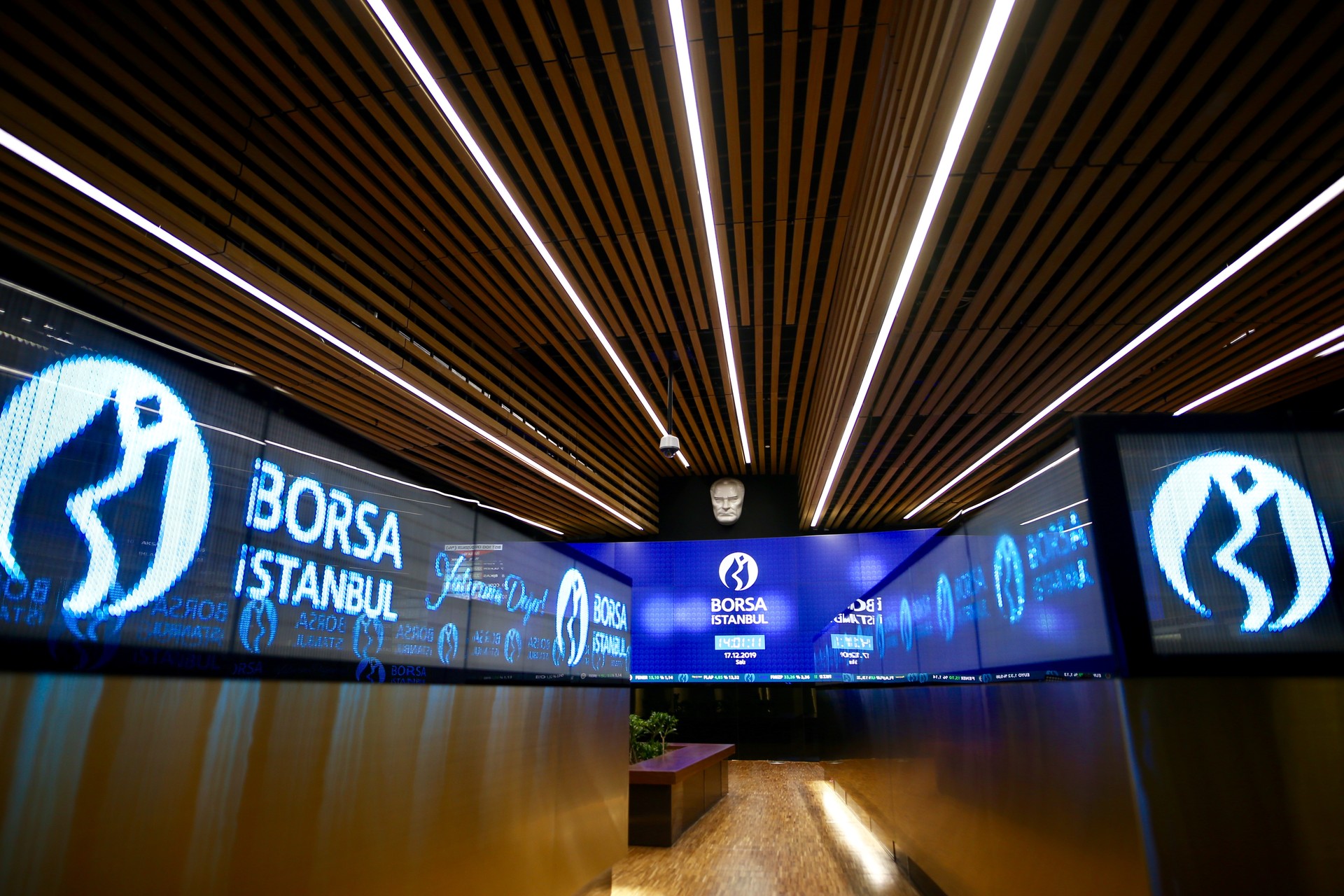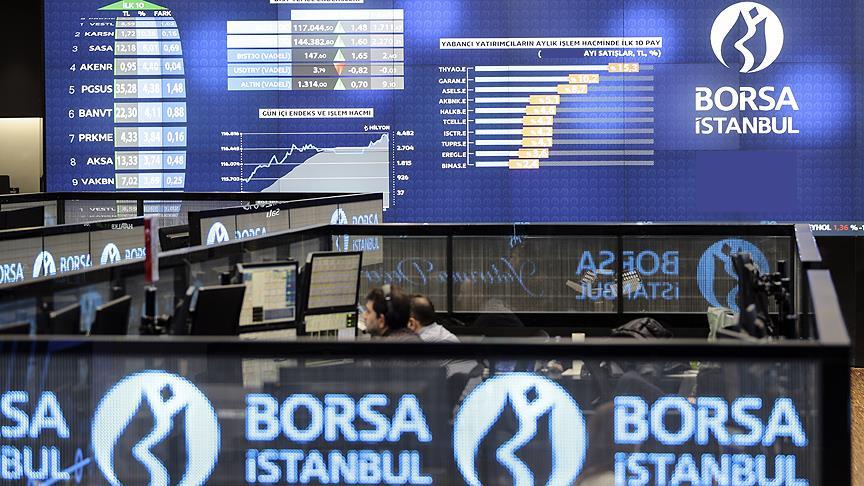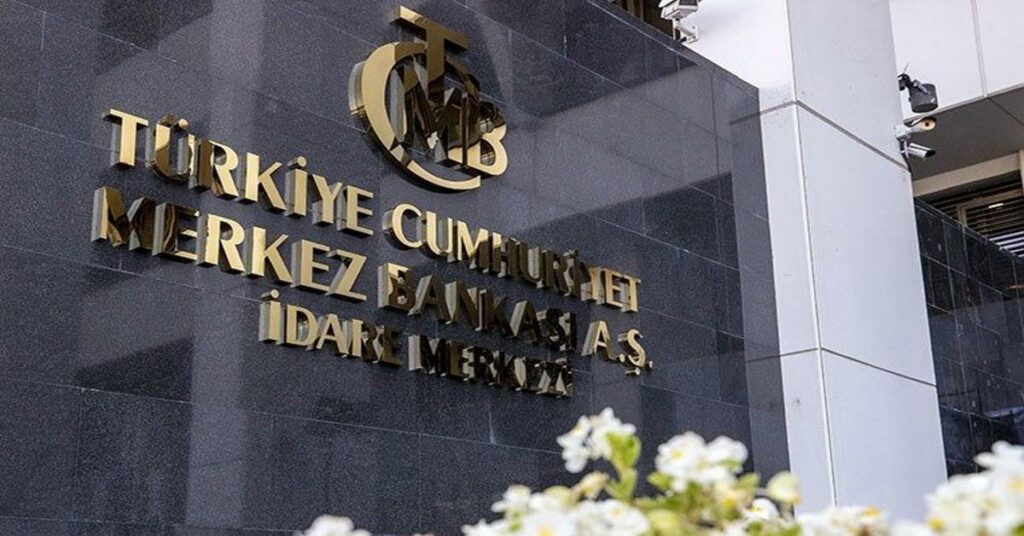
Borsa Istanbul (BIST), Türkiye’s stock exchange market, concluded a highly dynamic year under the shadow of the disinflation program and geopolitical tensions, with foreign investors sustaining their key role in market preferences.
According to Central Registry Agency (MKK) data, the foreign investor ratio in Borsa Istanbul stood at 37.23% as of Dec. 17, with a foreign portfolio value of ?2.1 trillion ($74.33 billion). As of December, the total number of foreign investors reached 29,402.

The top 10 stocks with the highest foreign stake increase delivered an average gain of 55.84% throughout the year, outperforming the BIST 100 index's 34% rise.
In 2024, the top 10 BIST 100 stocks by foreign stake increase spanned various sectors, including electricity, financials, holdings and investment, industrials, metal products, services, technology, and wholesale and retail trade. Among these stocks:
According to MKK data, the top 10 investor countries accounted for 85.51% of the total foreign portfolio value in December, amounting to ?1.8 trillion. The current number of foreign investors from these countries stands at 2,109.
Amid Türkiye’s monetary tightening policies, disinflation measures, and geopolitical tensions, Borsa Istanbul experienced a mixed year. Despite challenges such as the wars in Syria, Ukraine, and Gaza impacting Türkiye’s economy, market-friendly policies from the new economic administration yielded positive outcomes. Improved economic indicators boosted investor confidence, positioning the BIST 100 index among the world's top-performing indices in the first half of the year.
The BIST 100 index ended 2023 at 7,470.18 points and peaked at 11,252.11 points on Jul. 18. Despite global market turmoil, including the “Black Monday” in August, the index rebounded and closed the year at 9,830.56 points, marking a 31.6% annual rise. Dollar-based gains stood at 9.6%, reaching a high of 344.37 points, the highest since 2015.
Sectoral performance showed all four main indices recording gains, with the financial index leading at 49.1%. The technology index followed at 46.1%, services at 40.2%, and industrials at 13.2%. Among sectoral indices, insurance yielded the highest return at 97.4%, while sports was the only sector to post a loss, declining by 13.8%.
On a stock basis, 69 out of 100 BIST stocks gained value, while 27 declined. Key catalysts for this performance included:

The CBRT’s 250 basis point rate cut in December and an expected 21% inflation rate for 2025 further boosted market expectations, meanwhile, restrictions on short-selling transactions have been lifted by Jan. 2, which are especially popular among foreigners, as the Capital Market Board of Türkiye announced on Dec. 5.
Resumes of short-selling transactions are also deemed as an important catalyzer for foreign investor interest, as brokerage firms project the BIST 100 index to reach 13,500-14,500 points by the end of 2025.